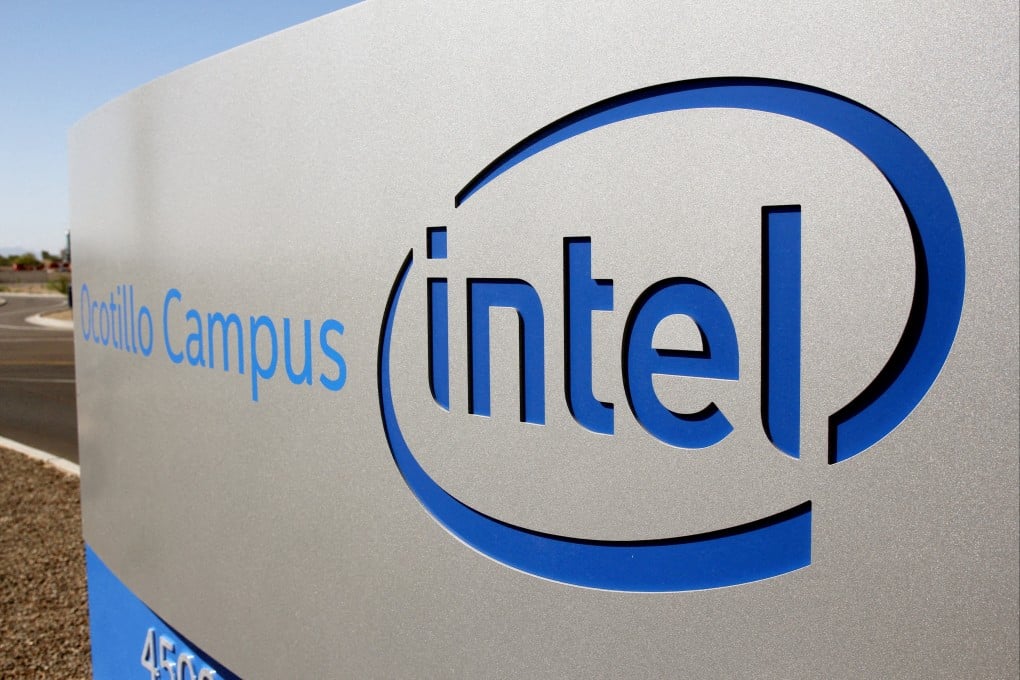Google unveils Arm-based Axion chips for AI, as Intel details Gaudi 3 AI chip amid race against Nvidia
- Intel says that its new Gaudi 3 chip can train specific large language models more quickly than Nvidia’s prior-generation H100 processor
- Google plans to offer its new Arm-based central processing unit called Axion via Google Cloud

Intel detailed a new version of its artificial intelligence (AI) chip at its Vision event on Tuesday, while Google revealed the details of a new version of its data-centre AI chips and announced an Arm-based based central processor, as both companies take aim at Nvidia’s dominance in semiconductors that power AI.
Tech companies are hunting for an alternative source of the scarce chips that are needed for AI.
“Our customers, first and foremost, are asking for choice in the industry,” said Intel vice-president, strategy and product management Jeni Barovian.
“They are coming to us and they are expecting that Intel, as a computing leader, will follow the wave of (generative AI) and deliver solutions that meet their needs. And they are looking for an open approach.”
